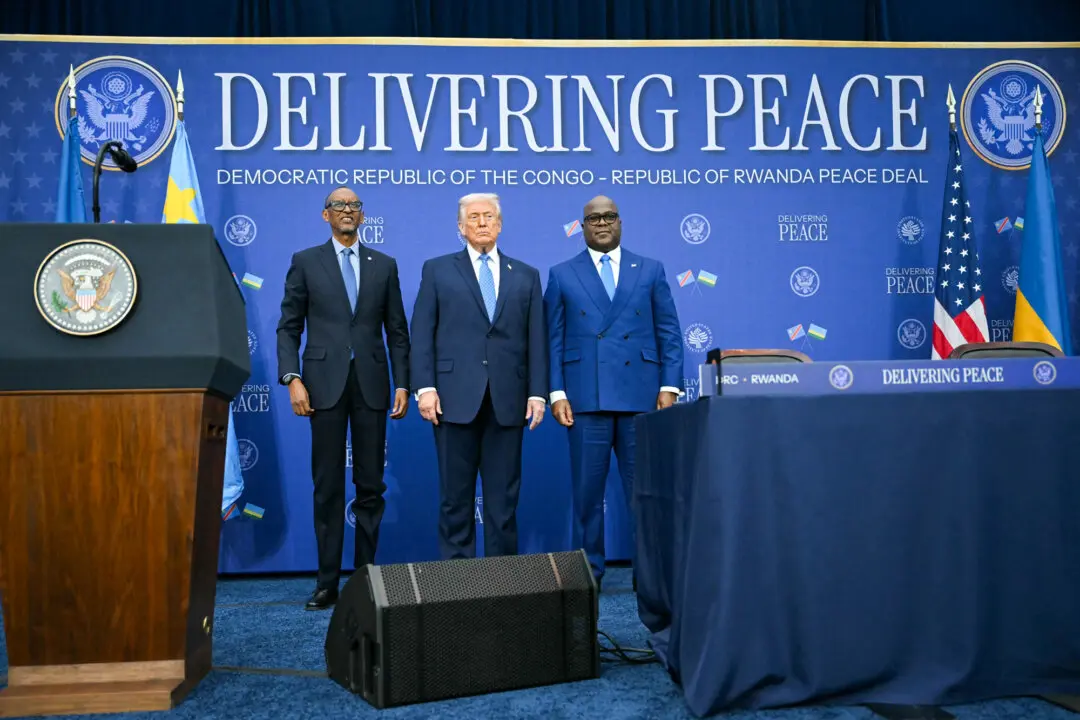Commentary
When 2022 began, Vladimir Putin’s Russia was fighting a slow but deadly war with Ukraine—a war to restore what Putin believed was Russia’s historically legitimate empire. In the slow war, the Kremlin could control the level of battlefield violence and gauge the economic costs. For example, Russia could slowly destroy Ukraine’s eastern provinces and largely slip international political and economic sanctions.





